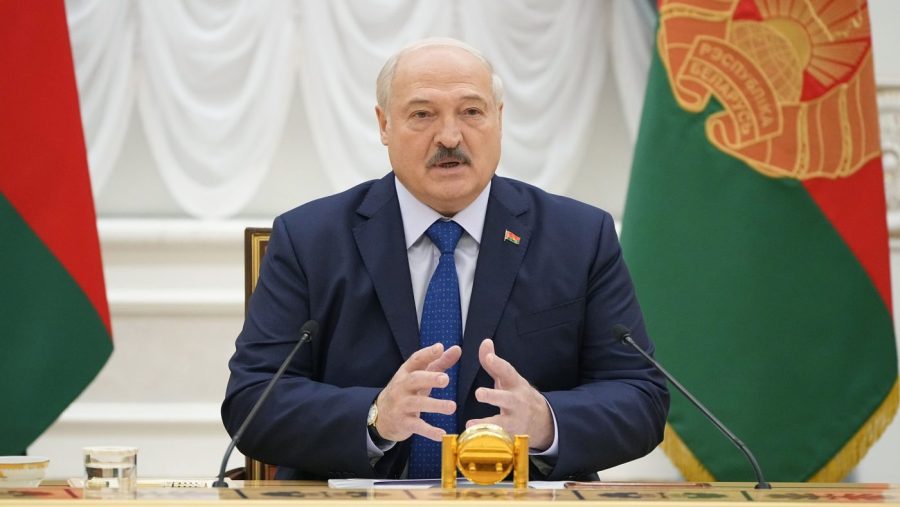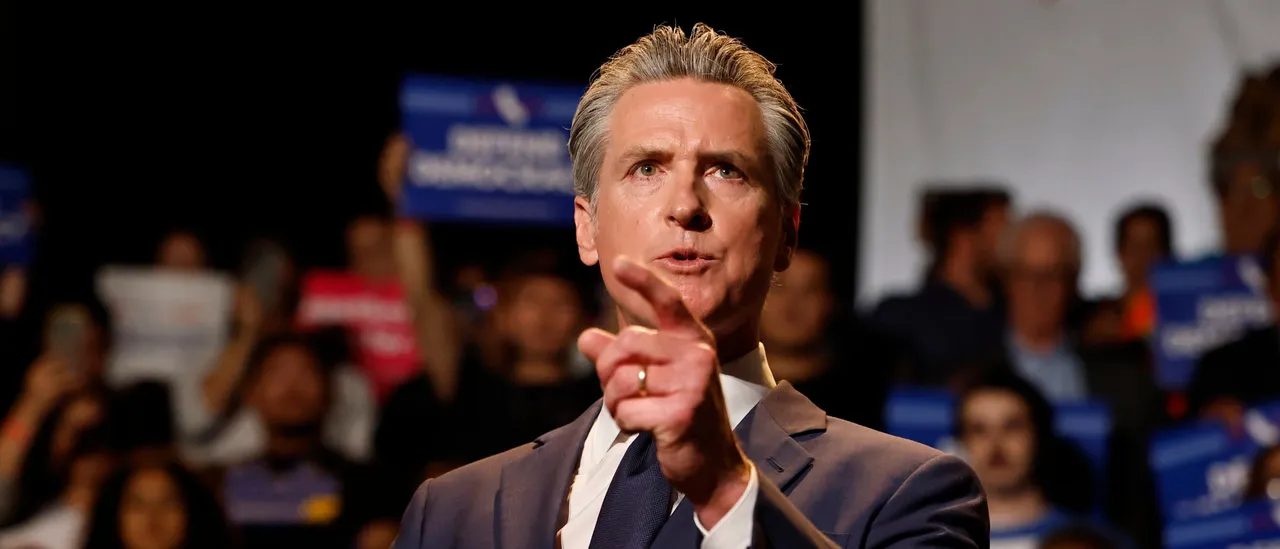- On August 8, 2025, Belarusian President Alexander Lukashenko indicated he plans to step down after his current term and dismissed claims that he is preparing his son to succeed him.
- Lukashenko’s decision followed years of political turmoil, including accusations of rigging the 2020 election and a harsh crackdown on protests and opposition figures.
- Since mid-2024, a few hundred individuals found guilty of extremism and other offenses linked to political activities have been freed, although human rights organizations report that close to 1,200 remain detained.
- Lukashenko, who secured a seventh consecutive five-year term earlier this year, stated that his successor should avoid making immediate drastic changes and instead focus on continuing the country’s development.
- His announcement suggests a potential political transition but maintains uncertainty as Lukashenko denies the existence of political prisoners and rejects the opposition’s legitimacy.
In an astonishing turn of events, Alexander Lukashenko, the enigmatic and formidable figure who has ruled Belarus with an iron hand for over two decades, has tentatively signalled his intention to step down from power. As Europe’s last dictator, his plan to step aside sent shockwaves reverberating across the international community. The full implications of this transition, both for Belarus and the broader geopolitical landscape, remain to be seen.
Lukashenko’s Reign
The presidency of Alexander Lukashenko, which began in 1994, has consistently been marked by a firm grip on control and an assertive approach to opposition. His administration has been accused of numerous human rights abuses, including the suppression of media, political dissent, and public protest. Despite the many allegations of corruption and oppression, Lukashenko has managed to maintain his role with an indomitable spirit and an unwavering resolve. His projected departure, therefore, represents a seismic shift which is bound to have profound implications at both national and international levels.
The Catalyst for Change
What could possibly drive a leader of Lukashenko’s disposition toward such a dramatic decision? While the details remain murky, the massive protests that broke out following the controversial election in August 2020 are likely influencers. The presidential election, which Lukashenko ostensibly won with 80% of the vote, was internationally condemned as fraudulent. This resulted in an unprecedented scale of ongoing protests and civil unrest, fueling widespread calls for Lukashenko’s resignation.
Potential Successors and Political Implications
The prospect of Lukashenko stepping down naturally raises the question of succession and its associated political implications. While it is uncertain who will fill the vacuum left by Lukashenko’s departure, the power dynamics within the country are certain to shift. The key players could be opposition figures, like Svetlana Tikhanovskaya, who emerged as a strong contender in the disputed 2020 election, or someone from within Lukashenko’s own administration.
International Response and Geopolitical Impact
Given Belarus’ strategic location between Russia and the European Union, any shift in leadership is bound to have significant geopolitical implications. If Lukashenko’s successor leans more towards EU integration, it could cause concern for Russian President Vladimir Putin, who has firmly supported Lukashenko amidst the crisis.
However, if the new leadership leans towards strengthening ties with Russia, it could worry the EU and NATO, who are striving to limit Russia’s influence in Eastern Europe.
Perhaps the darkest horse in this race is the Belarusian people themselves. Their determination and resilience have been a constant feature of the protests, indicating a popular longing for significant democratic reforms.
In conclusion, it remains to be seen whether President Lukashenko’s indication of stepping down will pave the way for a new democratic Belarus or whether it will perpetuate the power struggle within the borders of this small yet significant nation. One thing, however, is certain: the eyes of the world are now firmly fixed on Belarus as it grapples with this pivotal moment in its history.





